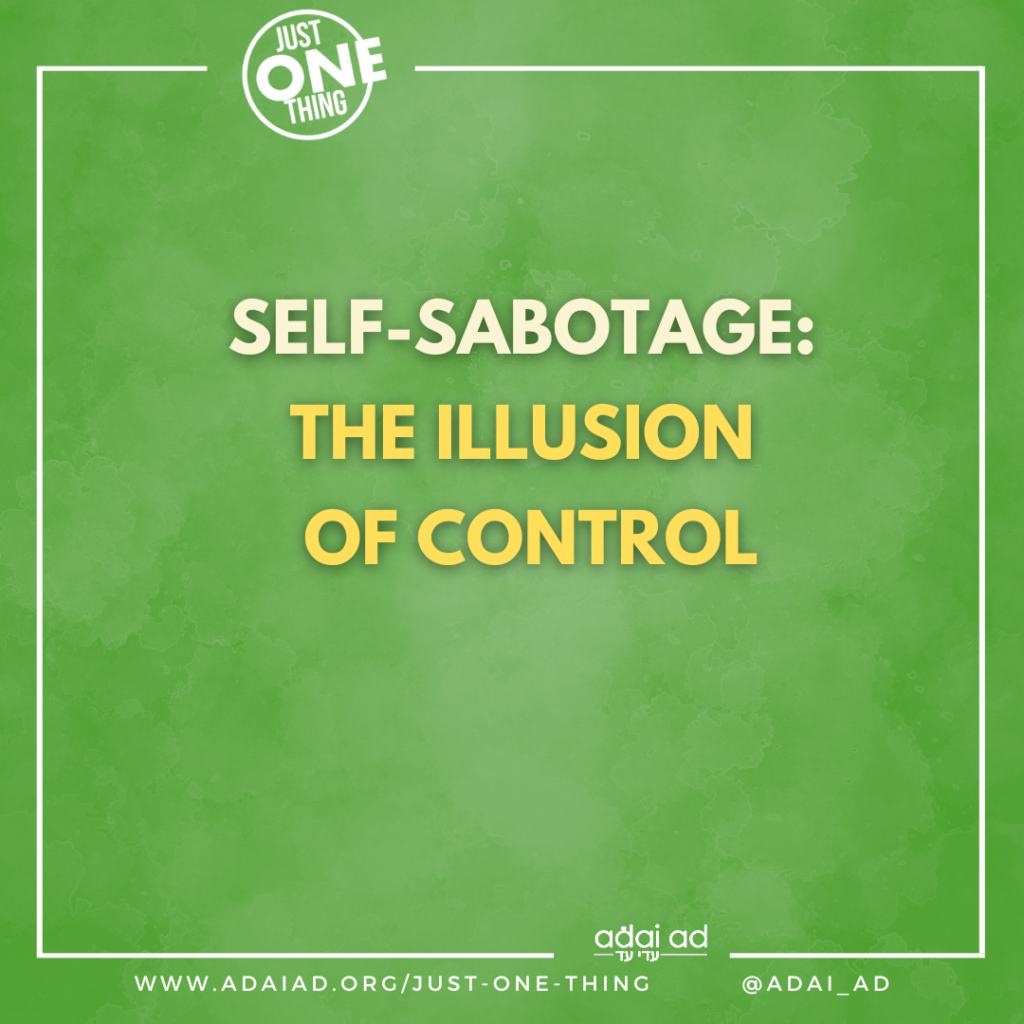Self-sabotage doesn’t always look like dramatic failures or reckless choices. Sometimes, it’s more subtle—pulling away just when things are going well, procrastinating on something important, or convincing yourself that something won’t work out before it even has a chance. At its core, self-sabotage is often about one thing: control.
Uncertainty can be uncomfortable, and when we don’t know how something will turn out—whether in relationships, careers, or personal growth—it can feel safer to create a predictable outcome, even if it’s not the one we truly want. If you mess things up first, at least you were the one who did it. If you don’t try, you can’t fail. In relationships, it can look like shutting down instead of communicating, picking at small issues to avoid deeper conversations, or assuming your partner won’t understand you—so you don’t even try. It’s a way of dodging the unknown while holding onto the illusion that you’re the one in charge.
But here’s the catch: controlling the outcome this way often means shutting the door on possibility. Growth, connection, and meaningful experiences happen in the space of uncertainty—where things could go wrong, but they could also go beautifully right. Letting go of self-sabotage isn’t about forcing yourself to be fearless; it’s about recognizing when your need for control is keeping you stuck and choosing to take the next step anyway. Because real love, real success, and real fulfillment happen when you allow life to unfold, even when you don’t have all the answers.


